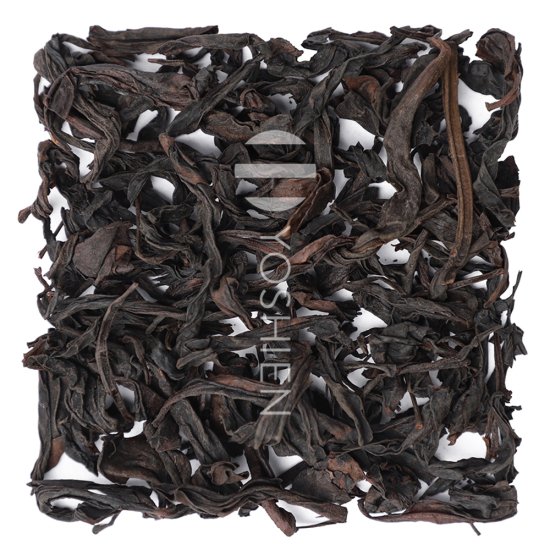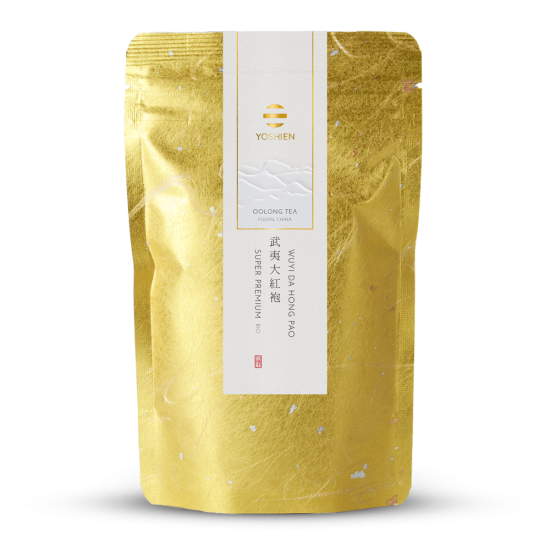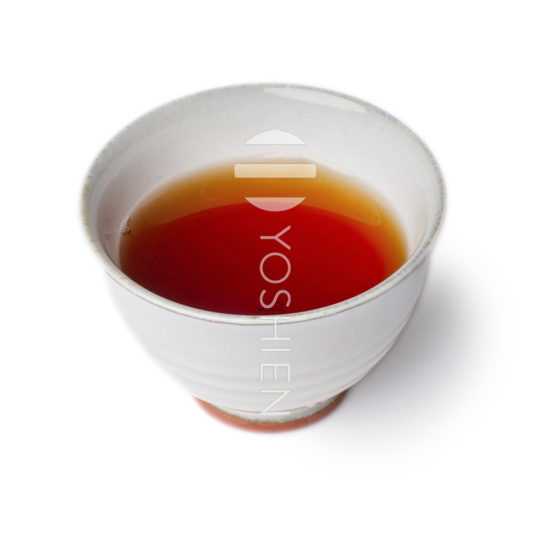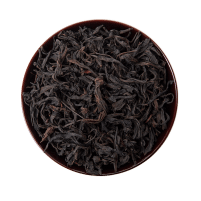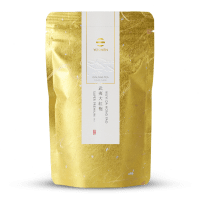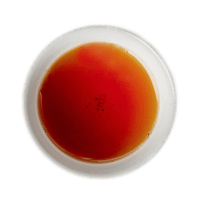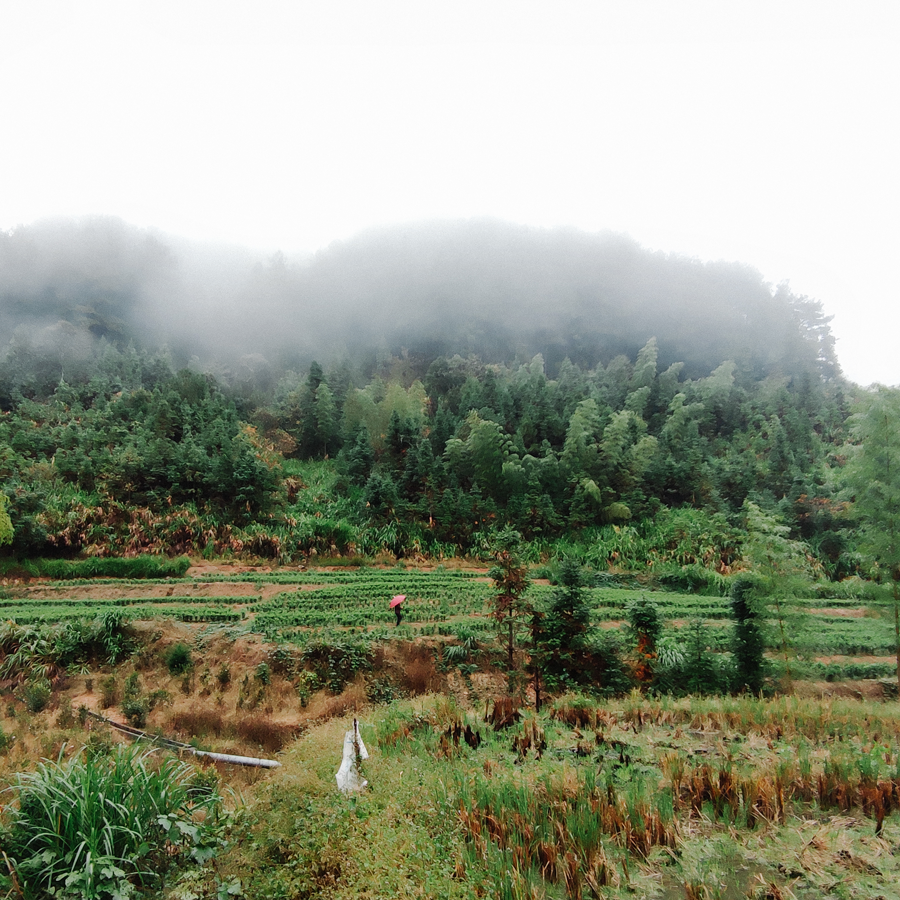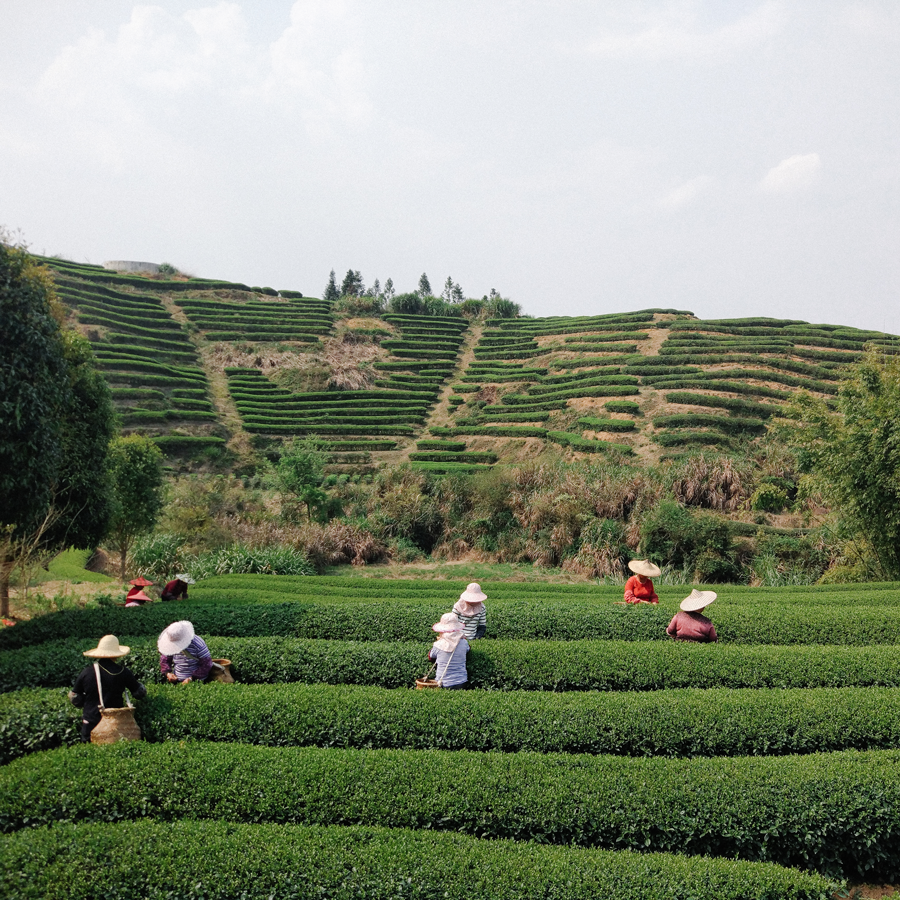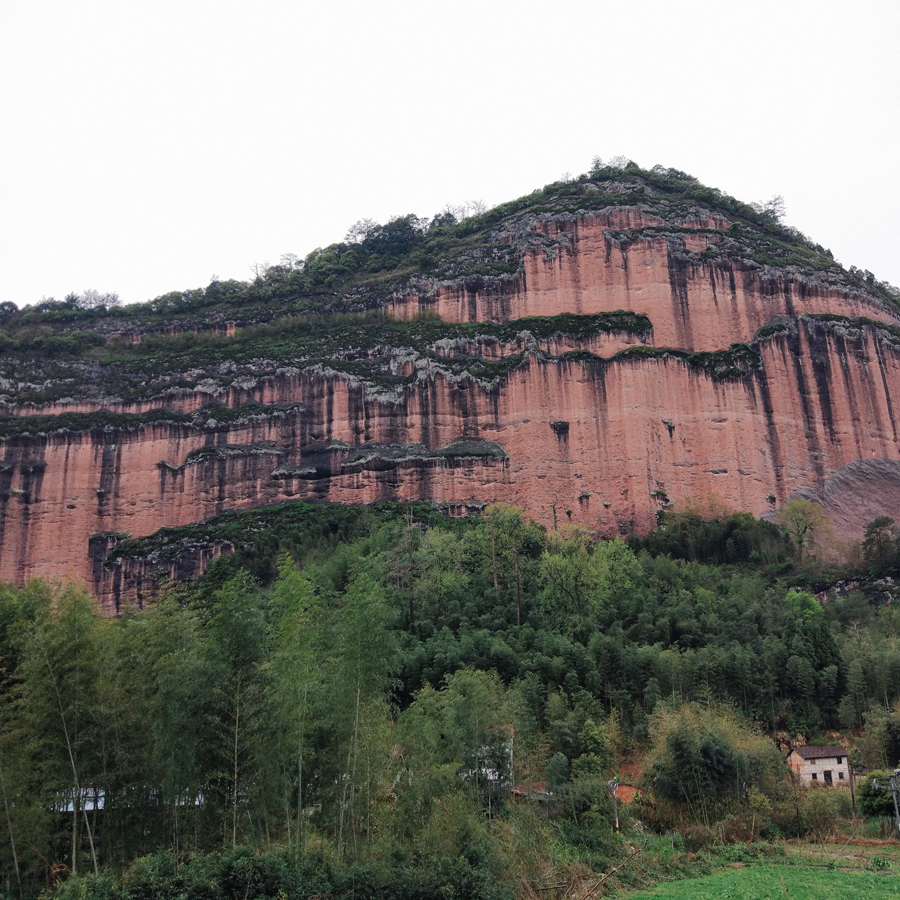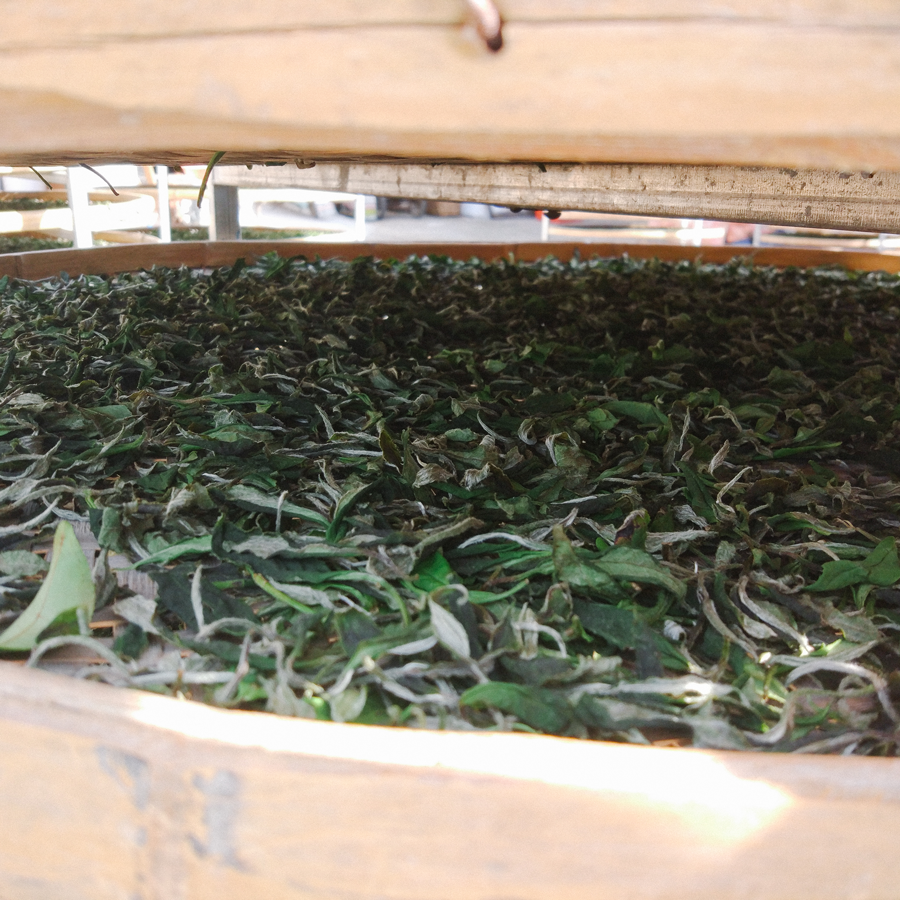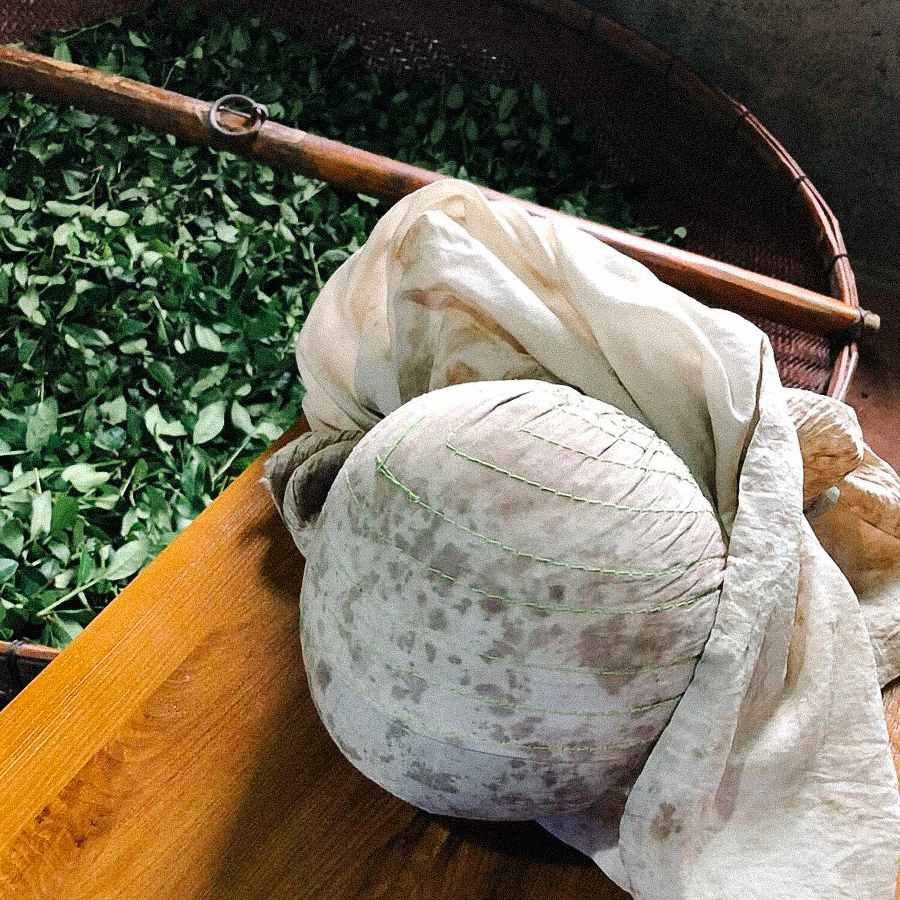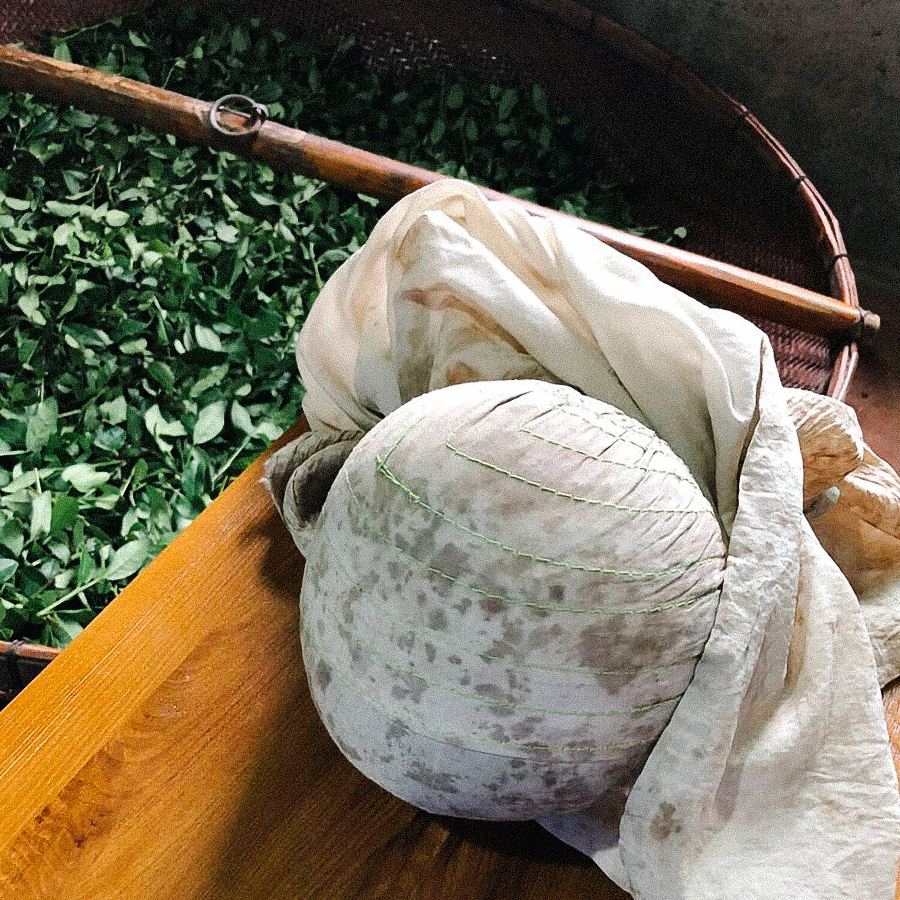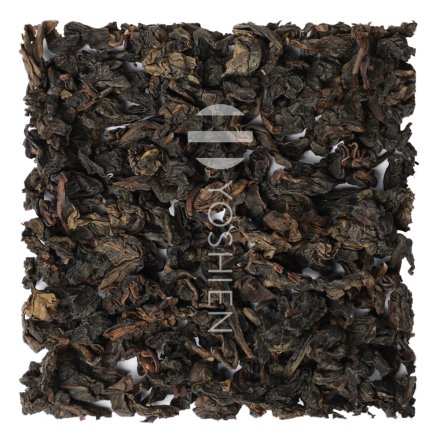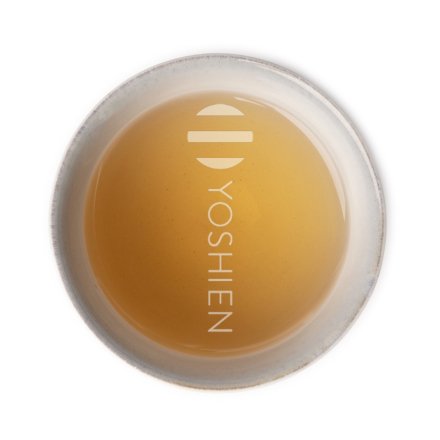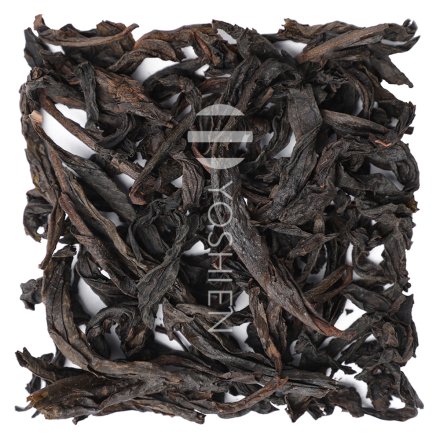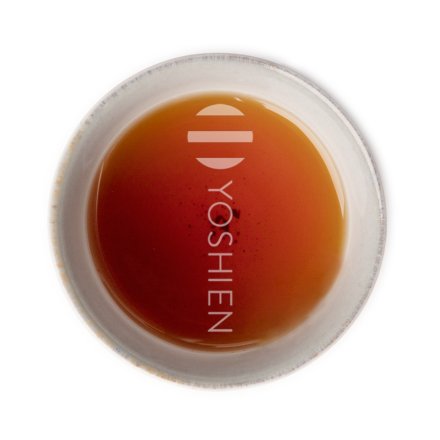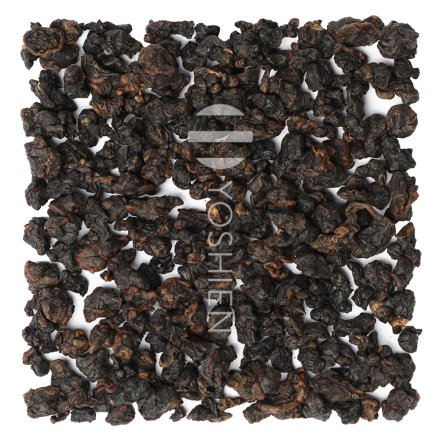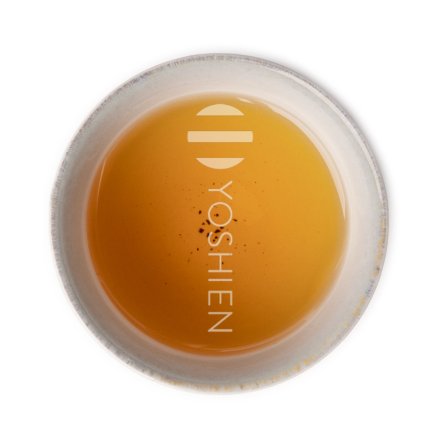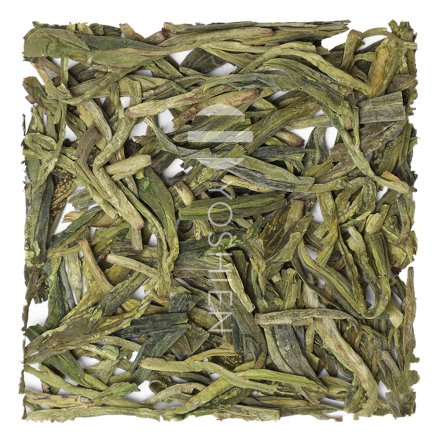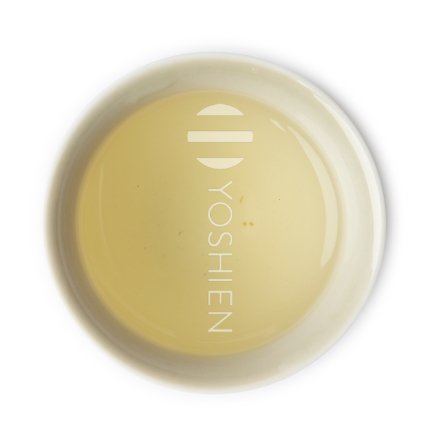Da Hong Pao tea is the most famous oolong and is considered one of the top 10 teas in China. It is one of the most well-known rock teas from the Wuyi Mountains, and the one around which the most myths surround. It was originally harvested from six primordial bushes, however, long-cherished, they are now protected. No more tea has been harvested from you since 2005. Previously harvested quantities from these bushes reached peak prices of $28,000 for 20 grams of this tea, more than thirty times its weight in gold. The best modern Da Hong Pao are now brewed by local tea masters from a cuvée of different cultivars, all derived from these bushes and only growing in a specific area around their location.
At Da Hong Pao there are six highly revered primeval tea bushes that are around 350 years old but have not been harvested since 2005. Among the hundreds of autochthonous cultivars cultivated in the Wu Yi Mountains for various teas, there are cuttings and their selective cultivars derived from these six bushes. The best known and most respected of these cultivars are blended into the Da Hong Pao teas found on the market today. These include Shui Xian (水仙), Rou Gui (肉桂) and Qi Dan (奇丹), which forms the basis of our Da Hong Pao. The cultivars are rather small-leaved bushes with strong roots that absorb a lot of nutrients, but are not very productive in terms of harvest. Therefore, only correspondingly small amounts of these teas are on the market.
The harvest for our tea is done by hand, the bud and the first three leaves are traditionally used. After the harvest, the leaves are withered in the sun and moisture is thereby removed, and oxidation or fermentation starts slightly. The leaves are then taken out of the sun and further withered in a farm building. They are repeatedly moved back and forth. Cell juice escapes through small tears in the tea leaves, especially at the edges, and oxidizes with the oxygen in the air. This process can take up to two days.
In the next stage, the fermentation starts more intensely. Depending on the quantity, the leaves now rest on bamboo plates in the fermentation chamber and develop a reddish-brown color at the tear points.
After reaching the desired degree of fermentation, the fermentation is stopped in an oven with heat (Kill Green). The leaves are then rolled and broken open, the aromatic cell juice spreads over the leaves and hardens. The tea gets its characteristic twisted needle shape through rolling. As a next step, it is gently roasted several times over hardwood charcoal. Each of these roasting cycles lasts eight to twelve hours. Days can pass between these roasts. Finally, after cooling, the leaves are carefully graded according to quality.
Organic Certification





